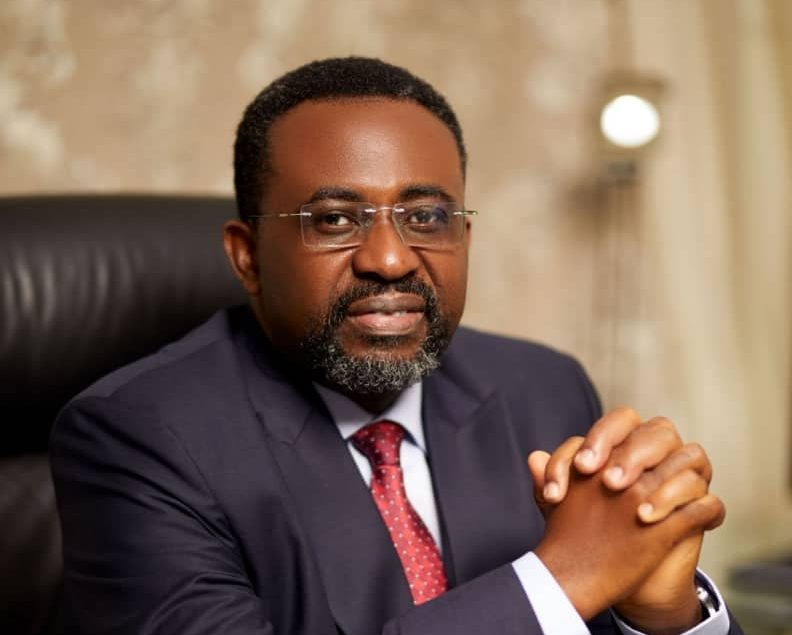The Forum for Development and Accountable Governance (FDAG) has cautioned against the increasing trend of politically motivated accusations against public officials, citing recent claims made by Dr. Gideon Boako against Dr. Johnson Asiama’s appointment as Governor of the Bank of Ghana.
In a statement signed by its Senior Research Fellow, Nana Kojo Abbam, FDAG accused Dr. Gideon Boako of distorting legal facts, particularly regarding the constitutional consultation and subsequent advice from the Council of State.
The group referenced Supreme Court rulings affirming that the advise by the Council of State is not binding on the President.
The Civil Society Group noted that “in the landmark case of Agyei Twum v. Attorney General & Akwetey (2005), the Supreme Court clarified that consultation is an advisory process and does not bind the President.
“This means that while the Council’s input is valuable, the President retains ultimate discretion,” the statement said.
Moreover, the group claim precedent shows that past administrations have appointed officials before formal consultation with the Council of State was completed.
It continued that “If any individual/party believes a constitutional breach has occurred, the appropriate recourse is a legal challenge in court, not public declarations that distort the law.”
FDAG also condemned attempts to label Dr. Asiama as a criminal without due process, emphasising that all legal charges against him were withdrawn due to lack of evidence.
It warned that such baseless accusations create an unhealthy political environment that discourages competent professionals from serving in public office.
The statement emphasised that “It is important to note that the charges previously brought against Dr. Asiama were withdrawn by the Attorney General due to lack of evidence. This means that after a thorough investigation, the legal authorities found no grounds to prosecute him. If new evidence has emerged, the appropriate course of action is to present it before the courts, rather than engaging in public trials through political statements”.
“FDAG is concerned about a growing trend where individuals are subjected to reputational attacks based on their political affiliations rather than concrete legal findings. Such practices undermine the fairness and impartiality of Ghana’s governance institutions,”,the statement cautioned.
Highlighting Dr. Asiama’s key contributions to Ghana’s financial system, including deposit protection and banking governance reforms, FDAG noted that “one of his most significant contributions was his leadership in the designing and implementation of the Deposit Protection Act, 2016 (Act 931), which established the Ghana Deposit Insurance Corporation (GDIC).”
The Civil Society Group further explained that “as Deputy Governor in charge of supervision at the Bank of Ghana during this period, Dr. Asiama was instrumental in shaping the deposit insurance framework, which serves as a critical safeguard for depositors in the event of bank failures.
The GDIC remains a cornerstone of Ghana’s financial stability, providing confidence in the banking system and protecting depositors from systemic risks”.
The Group also noted that, as Deputy Governor in charge of supervision, “Dr. Johnson Asiama was the key architect in initiating the groundwork for the Corporate Governance Directive, which was later issued in 2018”.
“This directive has since strengthened governance frameworks in Ghana’s banking sector, enhancing risk management, strategic planning, and board and management competencies. Insiders at the Bank of Ghana acknowledge that this critical reform began under Dr. Asiama’s leadership before the change in government in 2016 which led to his contract termination,” the statement stressed.
FDAG called for political actors to engage in constructive, evidence-based discourse rather than resorting to attacks that undermine institutional credibility.
“FDAG calls for a more responsible and measured approach to political discourse, particularly regarding appointments to key institutions. Public accountability must be pursued through legal and institutional mechanisms, not through media trials and speculative accusations,” the statement pointed out.
DISCLAIMER: The Views, Comments, Opinions, Contributions and Statements made by Readers and Contributors on this platform do not necessarily represent the views or policy of Multimedia Group Limited.
